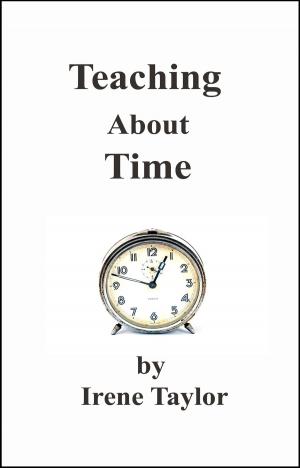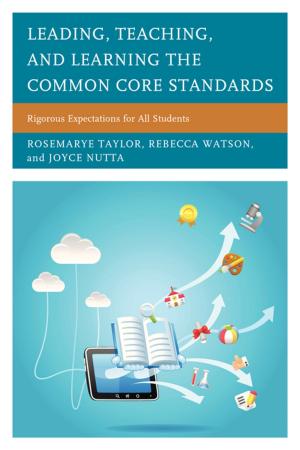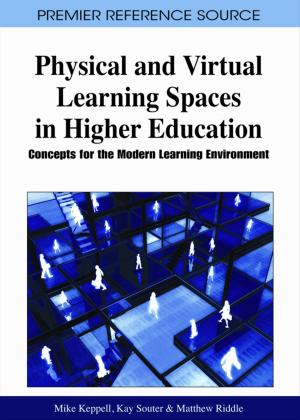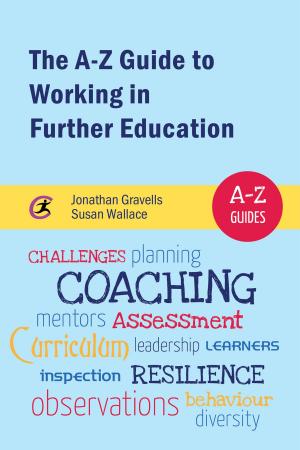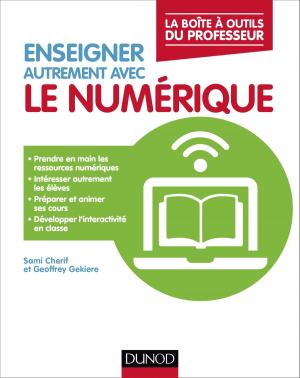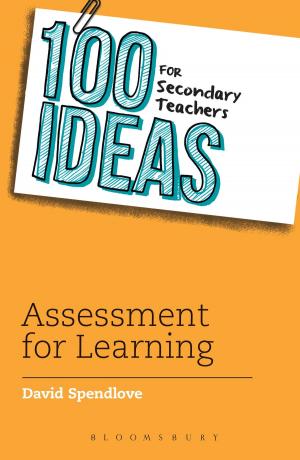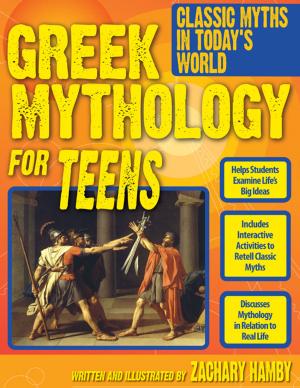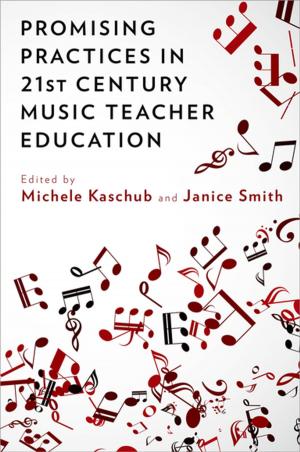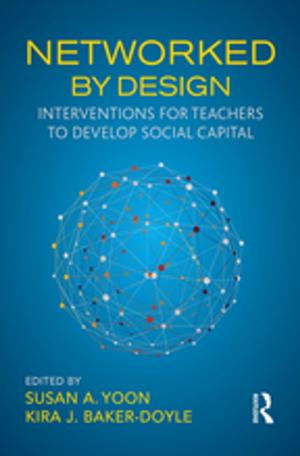Digital Voices: a collaborative exploration of the recorded voice in post-compulsory education
Nonfiction, Reference & Language, Education & Teaching, Teaching, Computers & Technology, Teaching Methods| Author: | Andrew Middleton | ISBN: | 9781301817443 |
| Publisher: | Andrew Middleton | Publication: | February 1, 2013 |
| Imprint: | Smashwords Edition | Language: | English |
| Author: | Andrew Middleton |
| ISBN: | 9781301817443 |
| Publisher: | Andrew Middleton |
| Publication: | February 1, 2013 |
| Imprint: | Smashwords Edition |
| Language: | English |
Digital Voices argues that the time is right for post-compulsory education to develop 'audio-enhanced learning environments.' The technology is readily available and usable and innovative academics and students are already using it. The recorded voice is being used to capture the knowledge, ideas and enthusiasm of tutors, students, peer groups and mentors, employers, professionals and the general public, among others, adding a new rich seam to the student experience. The book explores the potential of educational podcasting, user-generated media assignments, audio feedback and fifty other pedagogic approaches through essays, case studies and scenarios - all grounded in progressive educational theory.
Digital Voices itself is an example of innovative media-enhanced learning, featuring contributions from 24 practitioners who have worked together through the UK Media-Enhanced Learning Special Interest Group.
Digital Voices will be of interest to academics, developers and scholars of educational practice and innovation in the Digital Age.
Contents
SECTION 1: Understanding the opportunity of an audio-enhanced learning environment
•Why audio? — recognising the digital voice
•Podcasting and RSS — the changing relationship
•Podcasting — a flexible medium
•Digital media and their pedagogical opportunities
•Mirror and memory — benefits and challenges of using video for feedback and reflection
•Learners take control —audio notes for promoting learner autonomy
•Valuing podcasting — students talk about their experience of educational podcasting
•Student-generated podcasting — perceptions, challenges and facilitating innovation
•Academics as audio designers — approaches to the design of educational podcasting
•Digital audio learning objects — student co-operation and creativity in audio design
•Sound infrastructure for academic innovation
SECTION 2: Case Studies
•A journey through audio feedback
•Arriving at audio feedback
•Tutorial audio feedback: a case study
•Audio feedback in sport coaching
•Increasing student engagement with feedback through the use of audio
•Towards vidcasts — a case study in the development and use video podcasts
•From paintbrush to podcast and beyond — engaging staff and students through incremental innovation
•Learning with audio — a student’s reflections on making notes with an MP3 recorder
•Starting a conversation — podcasting within Initial Teacher Education at York St John University
•Bringing students together through a virtual classroom — a study of Wimba Classroom
•Using VoiceThread to enable media-rich online collaborative learning
•Role play replay: technology and media-enhanced experiential learning
•Using digital posters to promote academic literacy
•Sketch blogging — increasing accessibility to self-evaluation using digital media
SECTION 3: 50 Ideas for Educational Podcasting
Organised by learner:
•Orientation
•Motivation
•Challenge
•Reflection
Appendices
•Reflections on the pedagogic potential of digital media — an institutional and cross-sectoral perspective
•Students don’t listen — a cross-institutional survey of students’ podcasting habits
Digital Voices argues that the time is right for post-compulsory education to develop 'audio-enhanced learning environments.' The technology is readily available and usable and innovative academics and students are already using it. The recorded voice is being used to capture the knowledge, ideas and enthusiasm of tutors, students, peer groups and mentors, employers, professionals and the general public, among others, adding a new rich seam to the student experience. The book explores the potential of educational podcasting, user-generated media assignments, audio feedback and fifty other pedagogic approaches through essays, case studies and scenarios - all grounded in progressive educational theory.
Digital Voices itself is an example of innovative media-enhanced learning, featuring contributions from 24 practitioners who have worked together through the UK Media-Enhanced Learning Special Interest Group.
Digital Voices will be of interest to academics, developers and scholars of educational practice and innovation in the Digital Age.
Contents
SECTION 1: Understanding the opportunity of an audio-enhanced learning environment
•Why audio? — recognising the digital voice
•Podcasting and RSS — the changing relationship
•Podcasting — a flexible medium
•Digital media and their pedagogical opportunities
•Mirror and memory — benefits and challenges of using video for feedback and reflection
•Learners take control —audio notes for promoting learner autonomy
•Valuing podcasting — students talk about their experience of educational podcasting
•Student-generated podcasting — perceptions, challenges and facilitating innovation
•Academics as audio designers — approaches to the design of educational podcasting
•Digital audio learning objects — student co-operation and creativity in audio design
•Sound infrastructure for academic innovation
SECTION 2: Case Studies
•A journey through audio feedback
•Arriving at audio feedback
•Tutorial audio feedback: a case study
•Audio feedback in sport coaching
•Increasing student engagement with feedback through the use of audio
•Towards vidcasts — a case study in the development and use video podcasts
•From paintbrush to podcast and beyond — engaging staff and students through incremental innovation
•Learning with audio — a student’s reflections on making notes with an MP3 recorder
•Starting a conversation — podcasting within Initial Teacher Education at York St John University
•Bringing students together through a virtual classroom — a study of Wimba Classroom
•Using VoiceThread to enable media-rich online collaborative learning
•Role play replay: technology and media-enhanced experiential learning
•Using digital posters to promote academic literacy
•Sketch blogging — increasing accessibility to self-evaluation using digital media
SECTION 3: 50 Ideas for Educational Podcasting
Organised by learner:
•Orientation
•Motivation
•Challenge
•Reflection
Appendices
•Reflections on the pedagogic potential of digital media — an institutional and cross-sectoral perspective
•Students don’t listen — a cross-institutional survey of students’ podcasting habits


